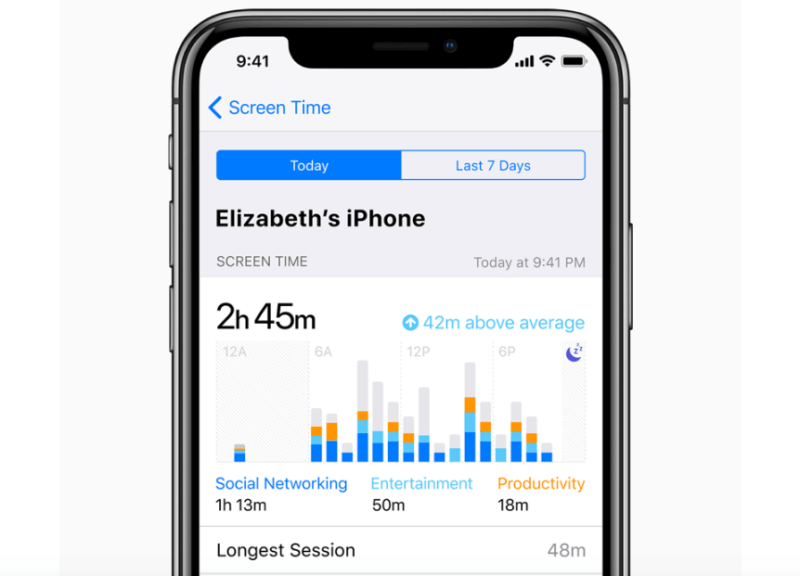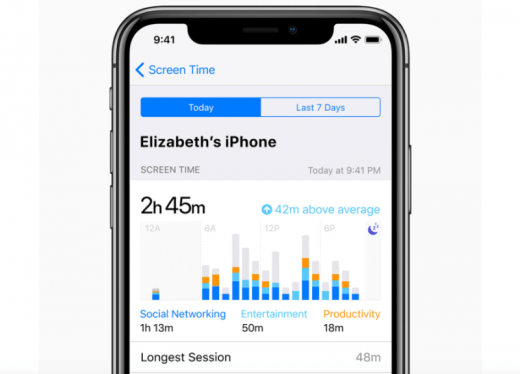Apple and Google try to help you curb your smartphone compulsions
Apple introduces new tools that are similar to Google’s in a new effort to limit smartphone overload.

Google and Apple are having their “Alfred Nobel moment.” Nobel was the Swedish inventor of dynamite who also established the Nobel Prize.
(June 08, 2018), Apple introduced a range of features at its WWDC developer conference that are intended to help you spend less time on your smartphone. That followed similar moves by Google at last month’s I/O conference. Because these features take time to develop, it’s unlikely that Apple simply saw Google’s announcements and decided to copy them.
Regardless, there’s now a sense, at least in some segments of society, that something has gone wrong with technology and that it’s doing harmful things to us and our kids. In that context, Google and Apple’s new tools to help wean users off their device dependence can be seen as a kind of moral response to a growing societal problem.
Specifically, what Apple announced (June 08, 2018) was a number of new controls in iOS 12:
- Do Not Disturb: Hides notifications during a designated time (e.g., overnight). A new “bedtime mode” will dim the screen to ease the transition to sleep at night. Google offered something similar called Wind Down as part of its “digital wellbeing” announcements at I/O.
- Notifications controls: iOS 12 offers new controls over when and how notifications are delivered, including grouped notifications that enable users to manage multiple notifications simultaneously.
- Screen Time and Downtime: These give users data on their time spent with apps. People will get “detailed daily and weekly Activity Reports.” There are also tools to limit the amount of time spent in apps. (Again, this is very similar to controls introduced by Google last month.) There are also new parental controls on apps and a tool called Downtime that allows people to schedule “time away from the screen.”
There’s a cynical response to all this, but I see these tools as useful. It’s another matter whether they’ll actually be used.
What I find interesting (and this is consistent with other “mea culpas” happening in tech) is that companies who once saw themselves as benevolent influences on our economy, politics and culture are now trying to apologize for all the trouble they’ve created — even as they try to entice you to buy more of their devices.
Marketing Land – Internet Marketing News, Strategies & Tips
(10)



